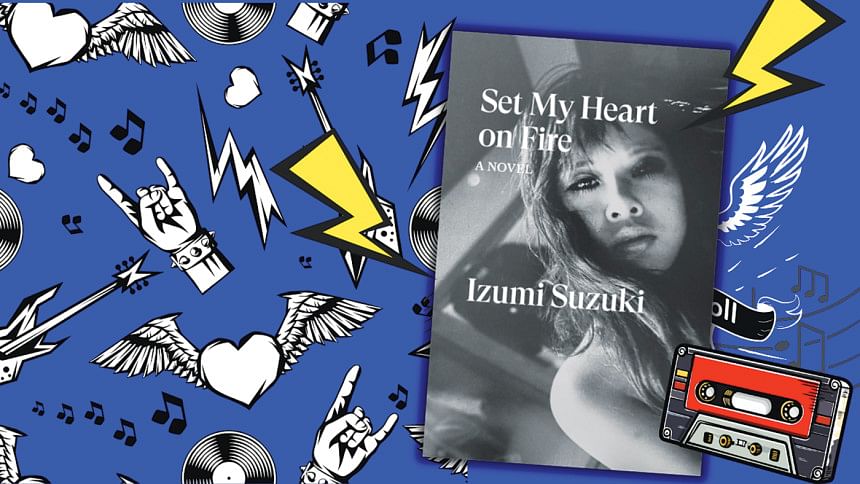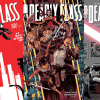Accounts of a joyless life

Izumi Suzuki was little known outside of Japan during her short lifetime. The Japanese author and actress had remained a cult figure most of her life. Only by chance, we are told, the editors at Verso had discovered her—from a footnote in an academic paper. This led to the publication of two short-story collections, Terminal Boredom (2021) and Hit Parade of Tears (2023)—science-fiction that was uncomfortably weird, inventive, and widely speculative. Her prose reflected her background in the punk scene of the time and offered a sense of dissolution that was surprisingly contemporary. The stories brought some needed attention to her works and the posthumous reputation had carried on to the latest publication, a short auto-fictional novel, where Suzuki reminisces on the life she had led in her youth. This book however exhibits little of the creativity of her otherworldly stories. Her attempt at realism is dry, flat, and so laid back that one wonders if it was worth printing.
The Izumi Suzuki in the novel and her friend Etsuko are groupies, intimately involved with up and coming blues and rock bands. It starts off with Suzuki having a fling with the same man Etsuko is dating, a band member of Diana, the new rock outfit making waves in town. Soon, however, the novel becomes a tedious cycle of one relationship after another. Suzuki explains it as: "A man was the healthier choice….harmless compared to drugs, I reckoned. So long as I didn't get pregnant."
The men are uninteresting; at times, they are just animals who use her. The Suzuki in the novel does not seem perturbed by that, often indulging in conversations where she gets to show off how stylishly cruel she is to them in turn. Indeed, a lot of the dialogues directed at the narrator go like this: "As a woman, you're one of a kind," "You're a romantic. But not in the way girls usually are", and "...you're just ruthless." At this point the reader realises this is the author having her own imaginary characters call her a baddie and whatnot. How can the reader take any of the story seriously after this? This was far from the mastery of her previous world-building.
Set My Heart on Fire is clearly an attempt to mirror the cold, apathetic lives of these characters, living on the sidelines of rock and roll. "I fall for people like they're characters in a TV show", the narrator says, "…I can watch three different films and enjoy them all in three different ways. That's how I can be in love with several people at once." But one wonders how much of that is just saying for style and how much of it is an honest reflection.
The conversations, as one sees, read like diary entries of confusing teenagers. The closest to self-awareness Suzuki reaches is when she says, "How could I spew out such nonsense? It just flows out of my mouth. As long as it has a beat. The meaning is secondary. The main concern is tempo and rhythm. Aside from that, it's just whatever comes out of my mouth." That seems to be the method for writing this novel too, for the story lacks any heart. It lacks any joy, too. In the course of writing the book, she must've forgotten that a story of miserable, empty lives should not also be a miserable, empty read.
Shahriar Shaams has written for The Business Standard, Dhaka Tribune, and The Daily Star. Find him on instagram @shahriar.shaams.

 For all latest news, follow The Daily Star's Google News channel.
For all latest news, follow The Daily Star's Google News channel. 







Comments